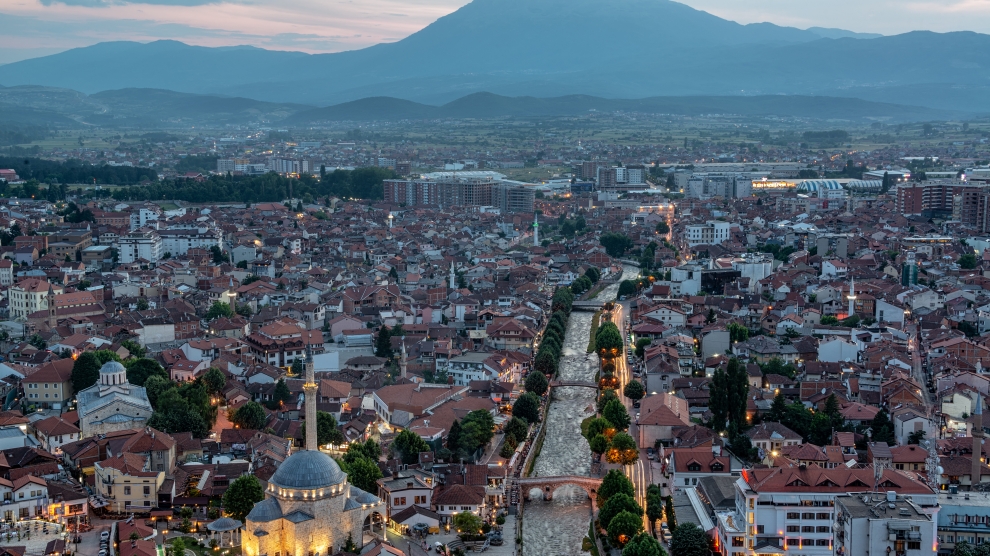Internationalizing Kosovo 1989-2019: Intervention, Recognition, and the Politics of Sovereign Statehood in Comparative Perspective
A conference held at Arizona State University, January 30-February 1, 2019
(Made possible by a gift from Brian A. Kopf to the ASU School of Politics and Global Studies, and support from the Melikian Center for Russian, Eurasian and East European Studies and the Center on the Future of War)
Conference Program
Over the past thirty years Kosovo—a landlocked territory half the size of metropolitan Phoenix—has played an outsize role in global politics. In 1989-90, the Albanian majority launched a non-violent protest movement when Serbian leader Slobodan Milosevic staged a legal coup that stripped away local autonomy. While this triggered no international sanction, it heightened Slovenian and Croatian fears of Serbian overreach that led to the breakup of Yugoslavia. A decade later, NATO intervened on humanitarian grounds, leading to the establishment of a UN protectorate, Milosevic’s ouster and a series of international war crime trials. Then in 2008, with Western support, Kosovo’s leaders unilaterally declared full sovereignty. In 2010 the International Court of Justice determined that this was in accordance with international law, and as of May 2018 almost 60% of UN members recognize Kosovo as a sovereign independent state. Those withholding recognition include Russia, China, India and Brazil, as well as five EU members; this polarization in foreign policy keeps Kosovo’s ultimate fate uncertain.
* The “Kosovo case” thus poses questions that lie at the heart of the theory and practice of international relations, including the following:
* How has Kosovo tested key core tenets and key institutions of the international system? In particular, how have contests over governance and the use of force impacted international law and human rights regimes?
* By what mechanisms do local events—such as Kosovo’s 1989 Trepca strike, 1998 Prekaz massacre, or 2004 Mitrovica riots—turn into international crises, and what lessons can be learned?
* What was the role of Kosovo in generating new concepts including “fourth-generation war” (Lind 1989), “virtual war” (Ignatieff 2001), “risk-transfer war” (Shaw 2005), and “R2P” or “the responsibility to protect” (ICISS 2001)?
* What arguments and evidence do the governments in Kosovo and Serbia and their patrons, sponsors and allies deploy to win popular or international support for their respective views on the legitimacy of the new state and its elected government?
* How do different theories of alliance-making, bandwagoning and decision-making account for the international response to Kosovo’s independence movement, as compared to South Sudan, East Timor, South Ossetia and others?
* By what rationale do jurists argue that Kosovo is sui generis or potential precedent, and what is at stake in their arguments?
The conference brings scholars from different disciplines to explore these and other dimensions of the “Kosovo case” and its impact on policy-making and scholarship in international relations, in the United States and beyond. Our goal is to have IR theorists engage with local knowledge and contextual expertise, and for regional specialists to put their work into comparative political perspective. Through sustained attention to this protracted conflict and its cascading diplomatic, military and legal consequences, we seek to generate new perspectives on the roles of different political actors in transforming norms and driving change in the theory and practice of international relations.
